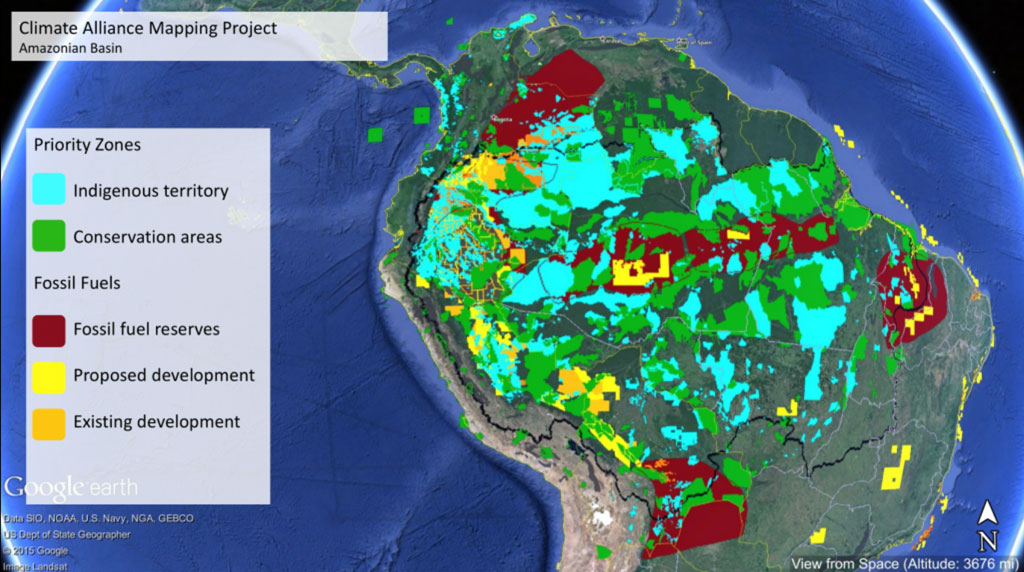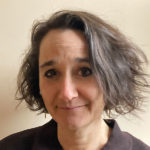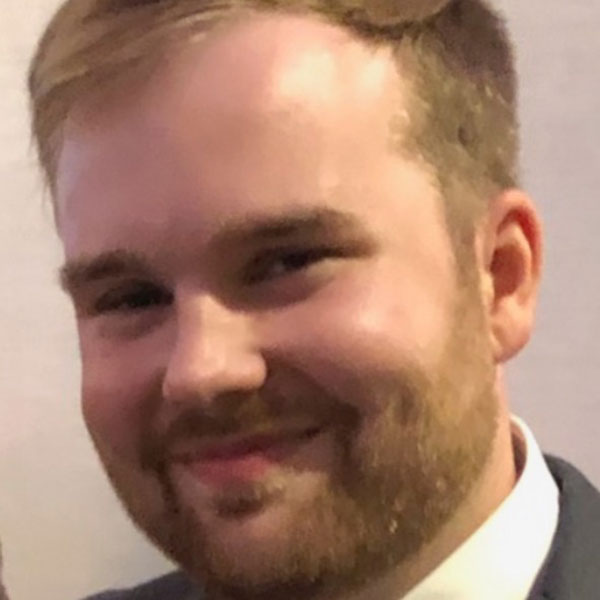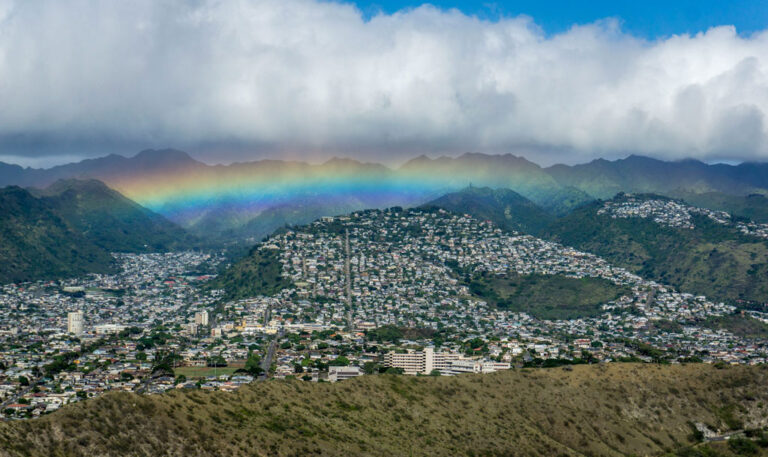Reciprocal Research: What Geography Gains from Public and Engaged Scholarship


There is a strong and growing consensus in geography against extractive scholarship (sometimes referred to as parachute or helicopter science), in which scholars land at their field sites, extract the social and/or biophysical data they need, and leave without building reciprocal relationships to the communities and landscapes they study (e.g., Tooth and Viles 2021, Gewin 2023, Soares et al. 2023). The scholars benefit via publications, grants, etc., but give nothing back in return.
Reciprocal scholarship, by contrast, describes work that counters extractive scholarship through a wide range of approaches such as honoring communities’ right to refuse that they or their biophysical environment be studied (Liboiron 2021); developing questions, conducting research and analyzing results cooperatively with communities (Lane et al. 2011, Breitbart 2016); and protecting communities’ right to control what happens to data produced about them (Williamson et al. 2023). These public and engaged scholarship practices have many different names, including participatory action research, public science, community geographies, co-production, participatory modeling, and data sovereignty. Some are relatively new; others have long histories. There are reciprocal approaches across all geographic fields, from physical geography to GIS to human/environment and human geography. And in every place I have visited during my 16 months in the AAG presidential rotation, I have heard from geographers (especially undergraduate and graduate students) that they are deeply interested in conducting reciprocal scholarship.
Despite this enthusiasm, reciprocal scholarship is undervalued in geography. While community-engaged work by geographers such as the Anti-Eviction Mapping Project, the Public Political Ecology Lab, and the British Columbia Caribou Project are lauded as examples of publicly-relevant scholarship, they often do not count when it comes to promotion or hiring decisions. Geography departments frequently classify them as Service rather than Research, which means that reciprocal scholarship does not count towards the body of substantive work that graduate students are required to produce to earn MA/MS/PhD degrees and faculty are required to produce for tenure and promotion. Similarly, public agencies and non-profit organizations that employ geographers rarely take the painstaking work required to conduct effective science communication and community-engaged environmental management into consideration in their internal promotion processes (Kearns 2021).
In response, we have launched the AAG Public and Engaged Scholarship (PES) Task Force, whose members include geographers and our fellow travelers from a range of institutions (academic and professional, community college, liberal arts college, R2 and R1), levels of seniority, and subfields:
- Tamara Beigas, Harford Community College
- Pablo Bose, University of Vermont
- Katherine Clifford, NOAA Western Water Assessment
- José Constantine, Williams College
- Dydia DeLyser, California State University Fullerton
- Caroline Gottschalk-Druschke, University of Wisconsin-Madison
- Nik Heynen, University of Georgia
- Faith Kearns, Arizona Water Innovation Initiative
- Melanie Malone, U Washington Bothell
- Jennifer Mapes, Kent State University
- Beth Rose Middleton Manning, University of California Davis
- Nick Shapiro, UCLA
- Dan Trudeau, Macalester College
- Haley Wilmer, USDA Agricultural Research
- Rebecca Lave, Indiana University (chair),
- Gary Langham, AAG Executive Director, (ex officio member)
Our goal is to protect and value PES by developing:
- Recommendations for how AAG can reward and protect public and engaged scholarship (PES) by geographers inside and outside academia;
- Sample policies and best practices for incorporating PES in theses, dissertations, tenure and promotion cases, and personnel evaluations outside academia;
- Guidelines for external reviewers, funding agencies, and others evaluating PES; and
- Best practices for overcoming common institutional barriers to PES, such as compensation for community partners.
I have one immediate request to move our inquiry forward: sometime in the next few weeks, you will receive an email from AAG with a link to a short survey on your involvement in reciprocal, public, and engaged scholarship. Please fill it out so we can document the extent of PES work among geographers.
I will update you on our work as it progresses.
We look forward to hearing your input as we work with AAG to make public and engaged scholarship a more visible and valued area of geography.
DOI: 10.14433/2017.0140
References
Breitbart, M. 2016. “Participatory Action Research.” In Key Methods in Geography, edited by N. J. Clifford, M. Cope, T. Gillespie and S. French. Sage.
Gewin, Virginia. 2023. “Pack up the Parachute: Why Global North–South Collaborations Need to Change.” Nature 619 (7971): 885–87. https://doi.org/10.1038/d41586-023-02313-1.
Lane, S. N., C. Landstrom, and Sarah Whatmore. 2011. “Imagining flood futures: Risk assessment and management in practice.” Philosophical Transactions of the Royal Society, A 369:1784-1806.
Liboiron, Max. 2021. “Decolonizing Geoscience Requires More than Equity and Inclusion.” Nature Geoscience 14 (12): 876–77. https://doi.org/10.1038/s41561-021-00861-7.
Soares, Bruno Eleres, Ana Clara Sampaio Franco, Juliana S. Leal, Romullo Guimarães de Sá Ferreira Lima, Kate Baker, and Mark Griffiths. n.d. “Decolonising Ecological Research: A Generative Discussion between Global North Geographers and Global South Field Ecologists.” Area n/a (n/a). Accessed October 4, 2023. https://doi.org/10.1111/area.12901.
Tooth, S., & Viles, H. A. (2021). Equality, diversity, inclusion: ensuring a resilient future for geomorphology. Earth Surface Processes and Landforms, 46(1), 5-11. https://doi.org/10.1002/esp.5026
Williamson, Bhiamie, Sam Provost, and Cassandra Price. 2023. “Operationalising Indigenous Data Sovereignty in Environmental Research and Governance.” Environment & Planning F. 2023. https://journals.sagepub.com/doi/full/10.1177/26349825221125496.
Please note: The ideas expressed in the AAG President’s column are not necessarily the views of the AAG as a whole. This column is traditionally a space in which the president may talk about their views or focus during their tenure as president of AAG, or spotlight their areas of professional work. Please feel free to email the president directly at rlave [at] indiana [at] edu to enable a constructive discussion.


